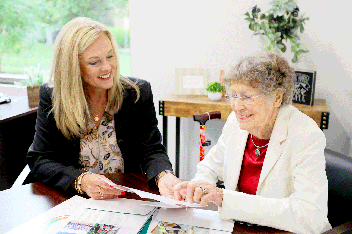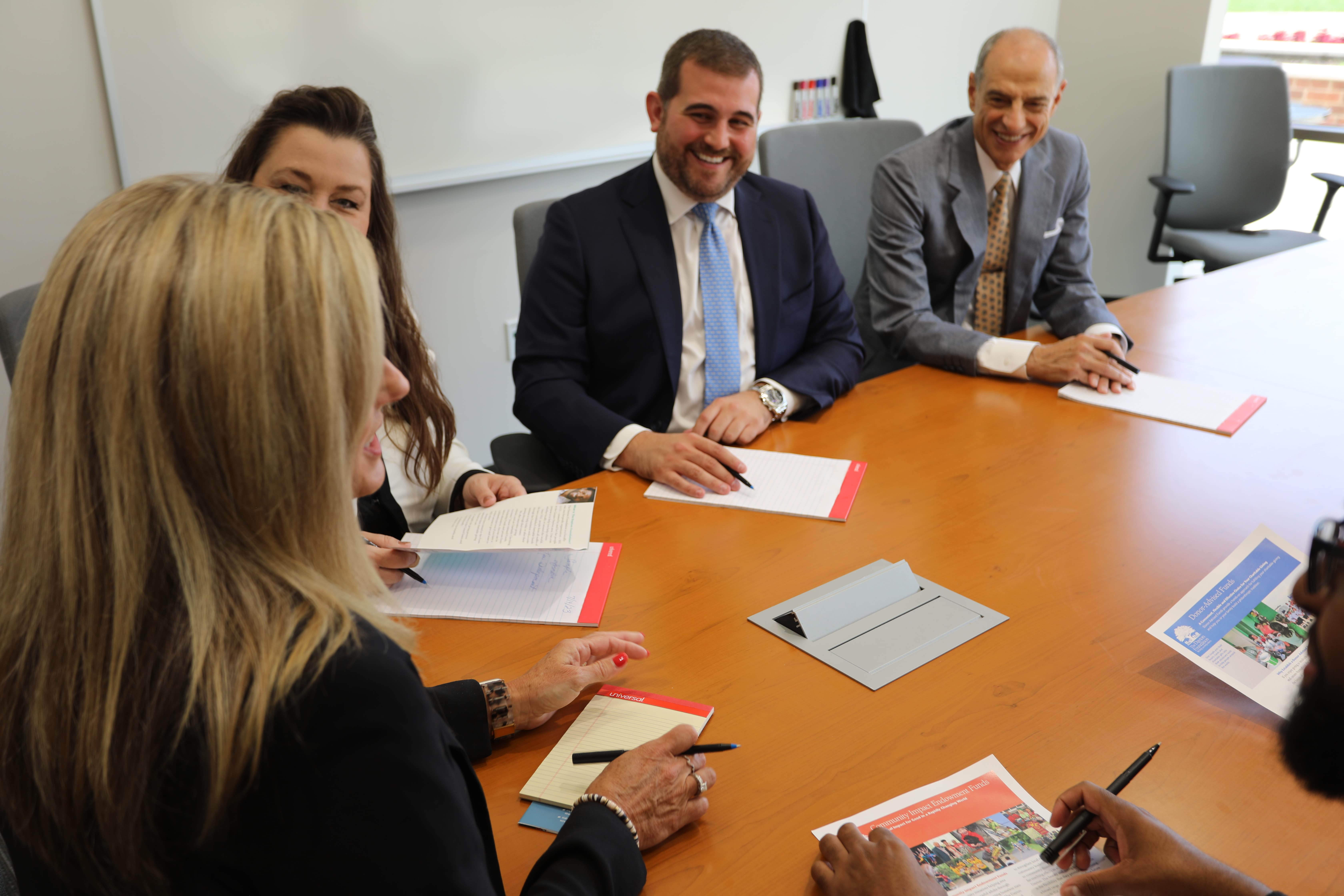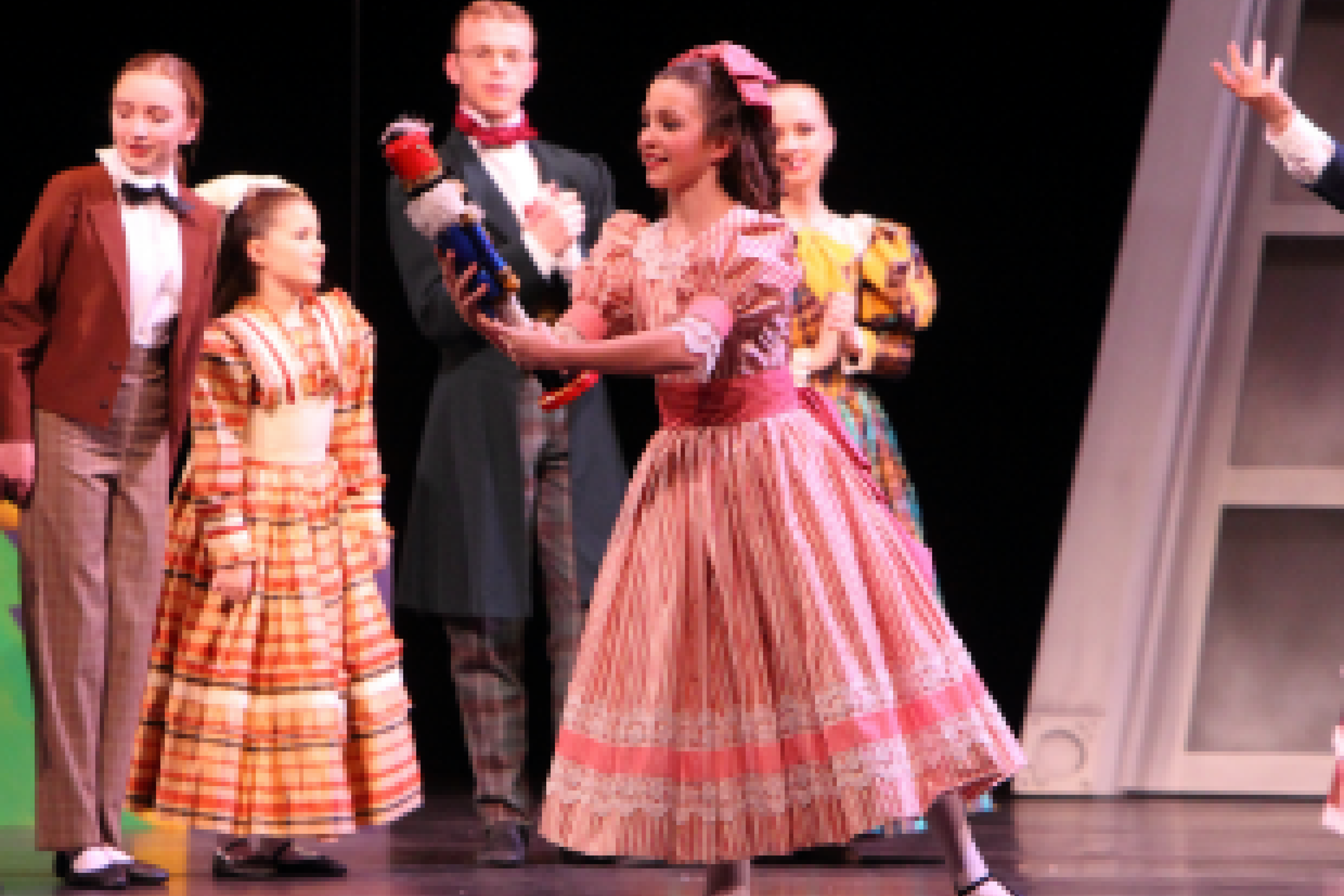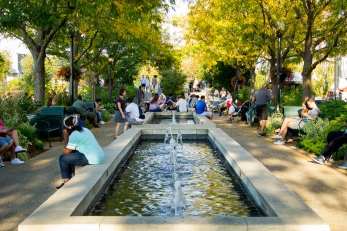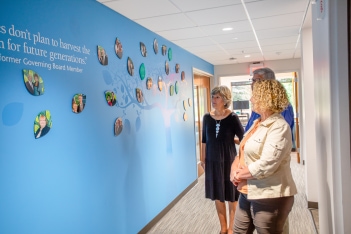Charles Abramovitz came of age in Pennsylvania in 1940. His dream to become a chemical engineer ended when he learned he wasn't eligible for a scholarship or to be hired by the big company in the state employing chemical engineers – because he was Jewish. At the age of 18, he realigned his dreams to a career path that was open to Jews, that of a civil engineer.
In 1939, during the rise of the Nazis in Eastern Europe, Helen Abramovitz, at 12, was taken by her mother from her homeland of Czechoslovakia (now the Czech Republic) to France. From there she went to America to join her father and escape the growing tide of Nazi anti-Semitism. She learned independence and resourcefulness in her new American life and went on to college to become an occupational therapist and later, a family therapist. Like her husband, Chuck, she found Dayton "an open, welcoming community."
“Each of us has a responsibility to the rest of the community,” said Chuck Abramovitz, Dayton Foundation donor and former Governing Board member.
"I felt I belonged," Chuck Abramovitz said, "that I had a place here that was different. There were things I could do in Dayton and make a difference." Added Helen, "it gave us a manageable place to raise our children, earn a master's degree in counseling and work in a profession I enjoyed. Today I can be active while retired from my profession, helping children in the juvenile court system, aiding The Oak Tree Corner, which assists young people dealing with severe loss, as well as tutoring children."
Chuck Abramovitz is committed to volunteerism as well, following his many successful years at Woolpert Consultants, where he was the Managing Partner. Serving on numerous not-for-profit boards and campaigns and being an active Dayton Foundation Governing Board member for many years, even leading Foundation leadership initiatives as an Emeritus Board member, he sees many opportunities for citizens to get involved and work to better their community.
One of those opportunities is philanthropic, and the Abramovitzes have chosen to do this through The Dayton Foundation. Why did they establish charitable funds at the Foundation? "Because of trust," he said. "If an organization is going to handle whatever your legacy will be, trust is the key. The Dayton Foundation has processes for handling endowments expertly. And none of us really knows what the greatest community needs are now, let alone in the future. That's what the Foundation was established to do."
Among the special places in their hearts are the arts and United Way, "which funds based on need, not popularity," he said. "The arts is a passion that's always been part of us."
They both learned giving from their families and their synagogues. "My mother was the ultimate fundraiser," Chuck Abramovitz said. "If it was a good cause, she would raise funds for it. She walked from business to business to ask for funds. As a child, I used to listen from the top of the stairs as my father ran the Jewish community out of our dining room during the height of the Depression. When I was 12, he would wake me up to come operate the mimeograph to get out communications." He chuckled at the memory. "Giving is just a way of life," Helen Abramovitz added. "It's what you're supposed to do. If you had it, you gave it." To her, it was that simple.
“Giving is just a way of life. It's what you're supposed to do. If you had it, you gave it,” said Helen Abramovitz, Dayton Foundation donor.
Giving positively affects the giver, Chuck Abramovitz believes. He has seen people transformed by their own generous acts. "Giving helps people to be able to make change. I know I'm a happier, more contented individual, because I give."
It's also helped the Abramovitzes to raise three daughters "who are giving people in spirit and in practice," Helen Abramovitz said. "We're very proud of our children, grandchildren and great-grandchildren and the people they've become."
"At times in your life, you can give best through your time and efforts. At other times, it may be through money. At some other point, it may be a combination," he said. "But each of us has a responsibility to the rest of the community. Judaism teaches us 'tikkun olam,' which means to repair the world. It's a big task. But do it for yourself, your family, your community."


